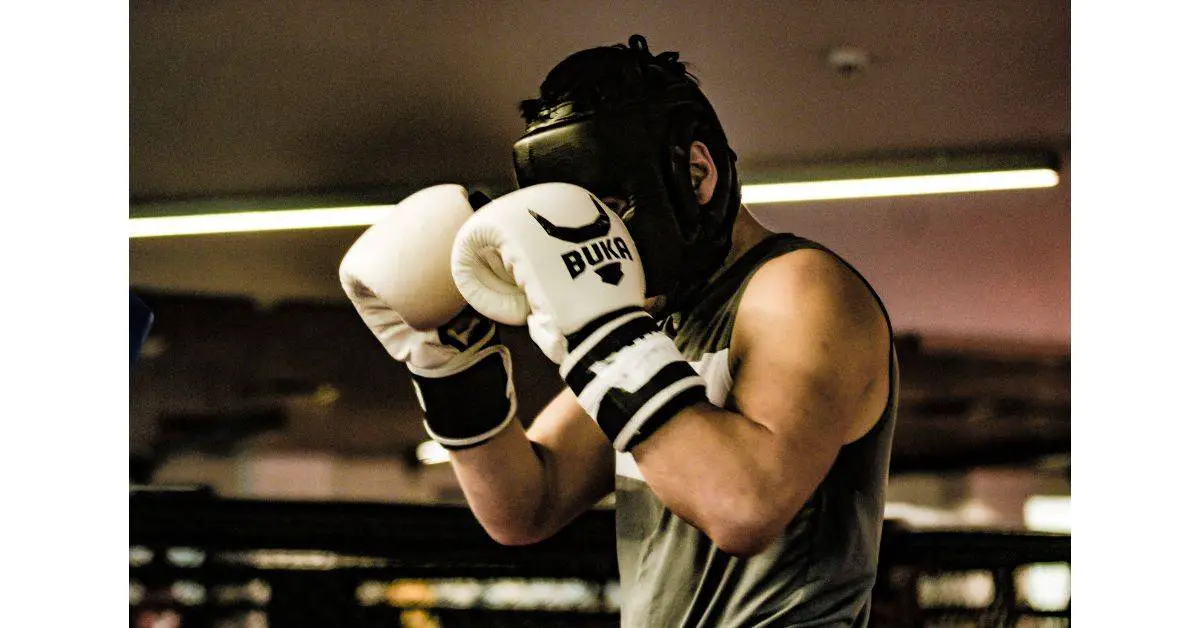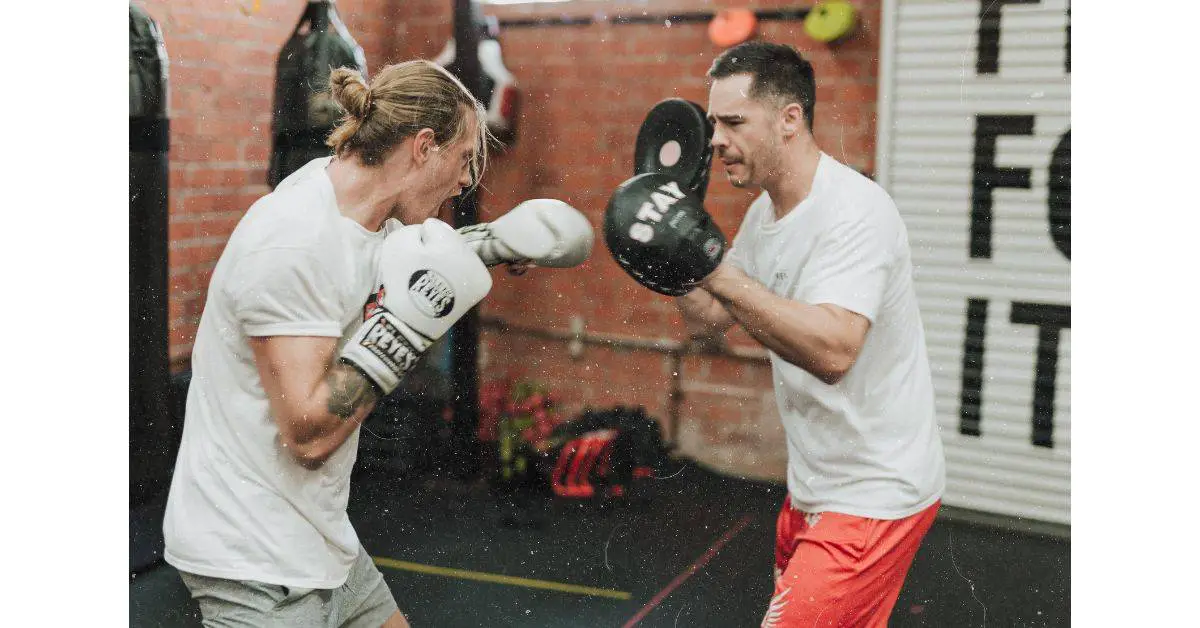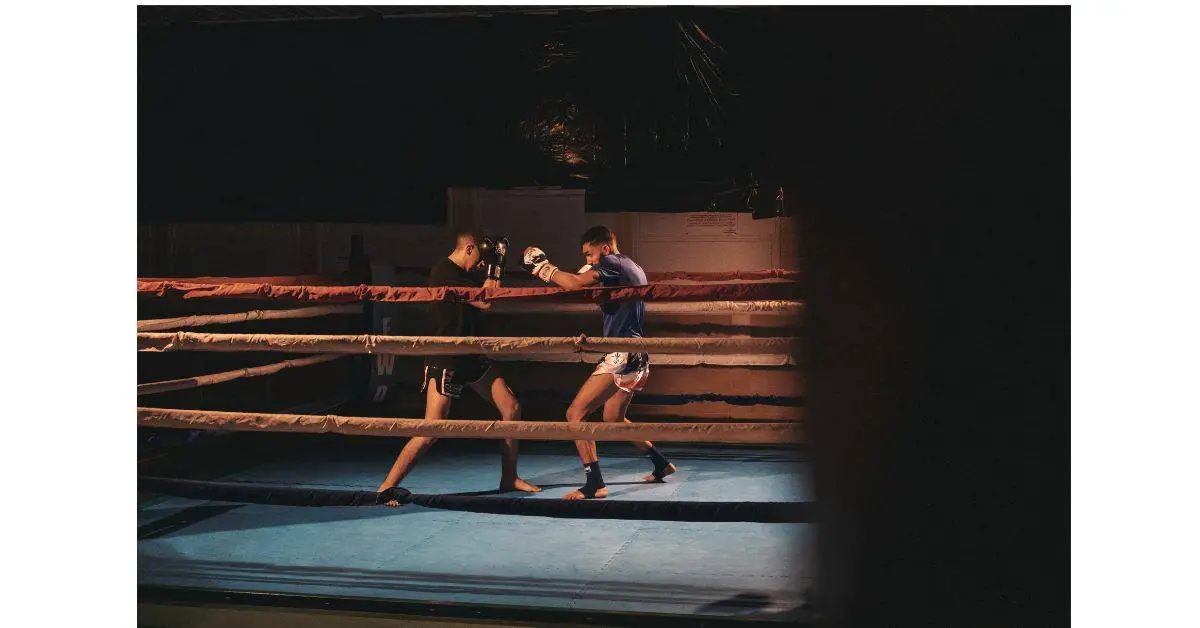In a boxing match, the judges’ verdicts are extremely important. Three judges sit on opposite sides of the boxing ring and score each round of a bout independently using a 10-point system, with the maximum a combatant may receive from any round being ten points.
Scorecards are not required if a knockout occurs during one of the rounds; they record the boxing outcome as a knockout (KO). However, can a boxing decision be overturned?
Boxing decisions can be overturned. Fighters may overturn decisions due to various factors, such as counting problems, incorrect declarations, and retroactive disqualification for rule infractions. It is uncommon, but early in his career, Julio Cesar Chavez made headlines by having a disqualification loss changed to a KO victory.
It appears that Julio Cesar Chavez originally lost his undefeated record in Mexico after only 11 fights when he was DQ’d. The result was officially overturned the next day to a win by the Culiacán commission and Chavez’s manager, who was also a member of the commission team. The official explanation was that the commission found Chavez did not strike the man after the bell, as the referee had determined.
In the US, each state has a commission that has the authority to reverse a judgment. Several other commissions follow similar regulations in other nations. To change the outcome of a fight, you do need strong evidence, though.
Before we dive in, if you want to learn more about the rules of boxing, and how they affect scoring, be sure to follow the link to an article of mine.
Boxing scoring system explained
A boxing match should have a winner and a loser, and unless a KO, this is when the boxing decisions come into play based on the judges’ scorecards. The judges use three basic boxing result words that all indicate the same thing. Unless there is a draw, one boxer is successful, but the number of many judges that favor the winner is important.
Boxing uses a 10-point scoring system, with the winning fighter receiving 10 points (assuming no deductions) and the loser boxer receiving fewer points.
They deduct one point for losing the round and two points if an opponent knocks down a player. As a consequence, the contests end 10-8. A boxer may receive fewer points if knocked down more than once or fouled in that round. The judges award points to fighters based on the following criteria:
- Greater assertiveness or aggressiveness
- Having the highest strike rate
- Cleaner strikes
- Strikes that are harder and more harmful
- Better defense
- Greater ring craft and movement
The judges’ scores are kept secret until the fight’s decision, when they are combined to determine the victor. The fighter with the most judges’ overall verdicts—rather than the total number of judges’ points—is the winner.

In essence, the boxer with two judges wins if two judges pick one fighter to win and one judges the other. Since each judge makes a decision based only on their assessment without consulting the other judges’ assessments, the ultimate result may differ, and there are a variety of possible outcomes. A unanimous, majority or split decision makes the ultimate decision.
If you’re about to start your boxing journey, hold up! I highly encourage you to buy the essential equipment to your home, so you’ll be able to boost your progression. If you want to do so, I recommend buying this punching bag and these punching gloves.
Can I appeal boxing decisions?
Either party may appeal the judge’s decision in a dispute handled at the LBC or the national level.
You can appeal boxing decisions; the standard of review constrains the breadth of what you can appeal because you can only file an appeal for the following reasons:
- The LBC Hearing Panel made a glaring mistake. Like acting in a subjective, impulsive, or erratic manner (acted arbitrarily and capriciously).
- You provide new evidence relating to the first grievance case.
- It is possible to appeal LBC-level grievance judgments to the various nations’ Boxing National Judicial Committee according to the guidelines set for an appeal.
You may challenge the USA Boxing National Judicial Committee’s decisions on grievances. The appeals panel. The full appeals procedure lasts between two and four months.
How to appeal boxing decisions
According to the USA Boxing National Judicial Committee guidelines: Any party may appeal a decision made by an LBC (Local Boxing Committee) Hearing Panel to the USA Boxing National Judicial Committee. You must submit your appeal within thirty (30) days after the decision-in-date—a $100 filing fee for requests to the National Judicial Committee.
If they accept the appeal, the National Judicial Committee will reimburse the money.
For appeals on grievances handled by the National Judicial Committee for USA Boxing: Appeals Handled by the National Judicial Committee for USA Boxing, Either side may challenge a decision of the National Judicial Committee before the USA Boxing Appeals Committee.

You must submit any appeal thirty (30) days after the decision-in-date. They will reimburse the $500.00 filing fee for appeals to USA Boxing if the appeal is successful. You must file both forms of appeals using the same procedure:
You will find an appeal form you can fill out and submit following the process below: with these instructions.
- Fill out the appeal form, adding additional sheets as needed.
- You write your name, address, and phone number.
- Reason for the appeal.
- Documents or a narrative in support of your appeal petition
- Sign the document.
- Add the initial grievance ruling and any papers or proof you have to back up your petition for the appeal.
- Add your signature to the petition and mail it to USA Boxing, 1 Olympic Plaza, Colorado Springs, CO 80909.
- Include the required filing fee ($500 for the National Judicial Committee and $100 for LBC Level Grievances).
The boxing committee will send a copy of the petition to all parties and relevant appeals bodies as they receive your appeal. They can reject or deny the appeal when the Chair determines that you did not submit a request promptly or by a party with interest.
The appeal body has the authority to hold a second hearing if it is deemed necessary after reviewing the arguments constructed by the parties, the initial hearing decision, and the procedure record.
The appeal body will subsequently issue a formal decision confirming, amending, or overturning the initial grievance decision.
Has a boxing decision been overturned?
A boxing decision has been overturned in boxing. However, it’s rare because the boxing federation created a three-judge point system to prevent any person from having the authority to determine the winners and losers of any contest.
While it’s considerably more difficult to bribe a referee and rig the contests, boxing judgments can still be corrupt. Here are examples of situations the boxing judicial committee overturned a boxing decision.
1. Early in Chavez’s career, in 1981, Chavez was still fighting in his hometown of Culiacán, Mexico. Chavez fought Miguel Ruiz at Culiacán on April 3, when he was 11-0. Chavez appeared to have knocked out Ruiz just after the bell rang. On a first-round disqualification, the referee deemed Chavez a loser.
The Culiacán Boxing Commission formally changed the conclusion of that fight. Several years ago, ABC’s boxing staff dispatched Bob Yalen to investigate the 1981 fight.
Results prove that the Culiacán Commission overturned it the next day and altered it to a KO-1 for Chavez. The official explanation was that the commission determined Chavez did not punch the guy after the bell, as the referee had declared. Chavez’s manager, (late) Ramon Felix, was a member of the Culiacán commission at the time.
2. The boxing federation reversed Haugen and Santana’s IBF 135lb (61.23 kg) title battle. The referee had referred to it as a “technical decision” Haugen was crowned the champion of the 15-round competition 20 minutes later. Throughout the tenth and eleventh rounds, Santana frequently scored by throwing overhand right hands to Haugen’s face.
Haugen could not have continued fighting risk-free, according to Dr. Sam Adams. Haugen was defending the championship he had won back in February for the second time.
If you want to know whether boxing is a sport, follow the link to an article of mine on the topic.
Final words
It’s not uncommon to call for a fighter’s win to be a no-contest if he tests positive for a drug. Likewise, a referee will judge if they’re to overturn the boxing decision of a fight, and the commission or sanctioning body upholds the overturn.
Also, suppose they need to correct a grave-injustice decision in a high-profile fight competing for a title. In that case, the official governing body will frequently order a rematch, but that is typically the only option.
If you enjoyed reading this article, you’ll also enjoy reading an article I wrote about 25 boxing facts you should know about.
References:
- The Los Angeles Times News. [https://www.latimes.com/archives/la-xpm-1990-03-13-sp-273-story.html#:~:text=%E2%80%9CIt%20was%20officially%20overturned%20the,bell%2C%20as%20the%20referee%20ruled.]
- USA Boxing appeal Procedures.
- ENGLAND BOXING Referee’s & Judge’s CPD Week 3 – Decisions
- Boxing Appeal Policy, Canada.

